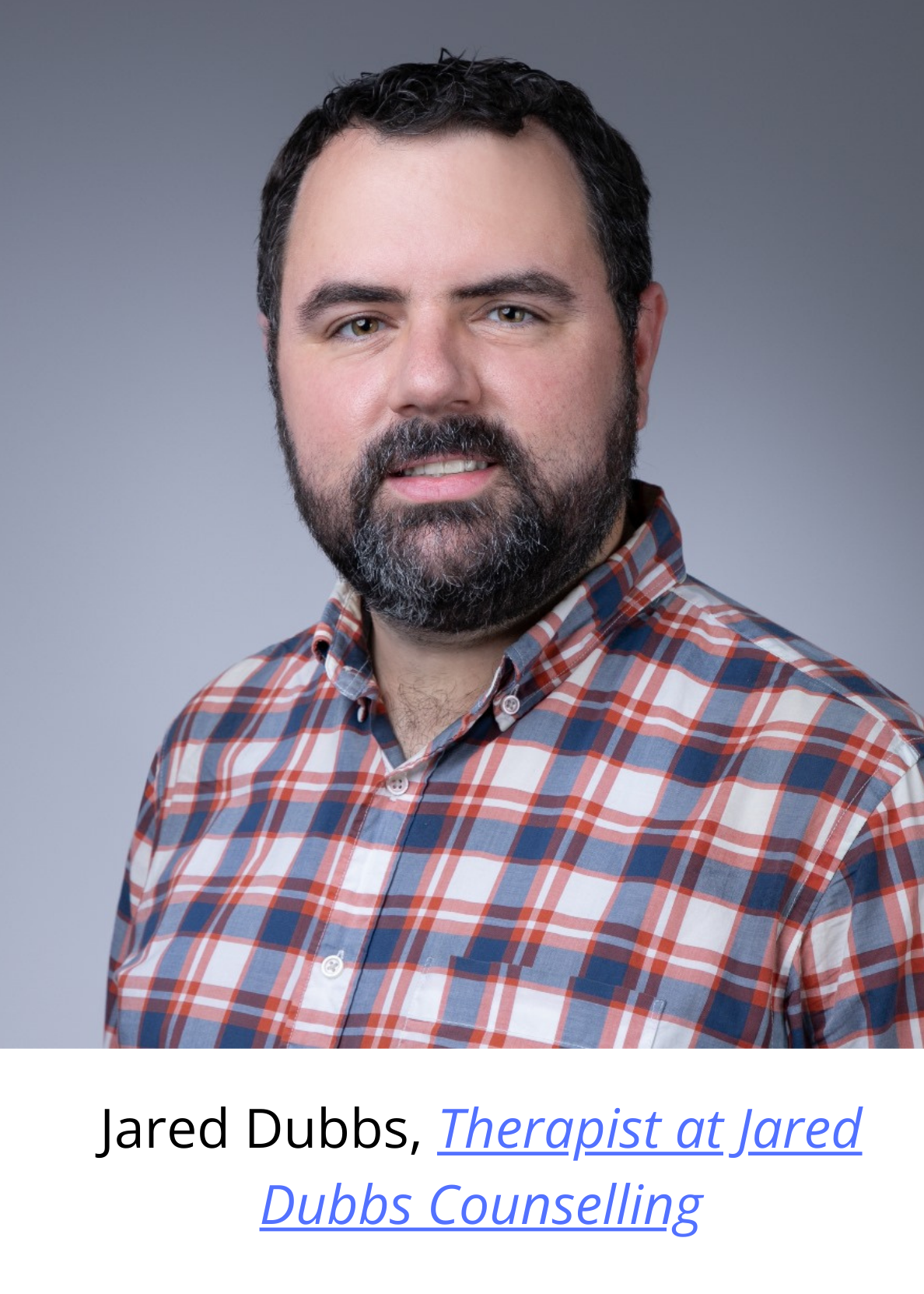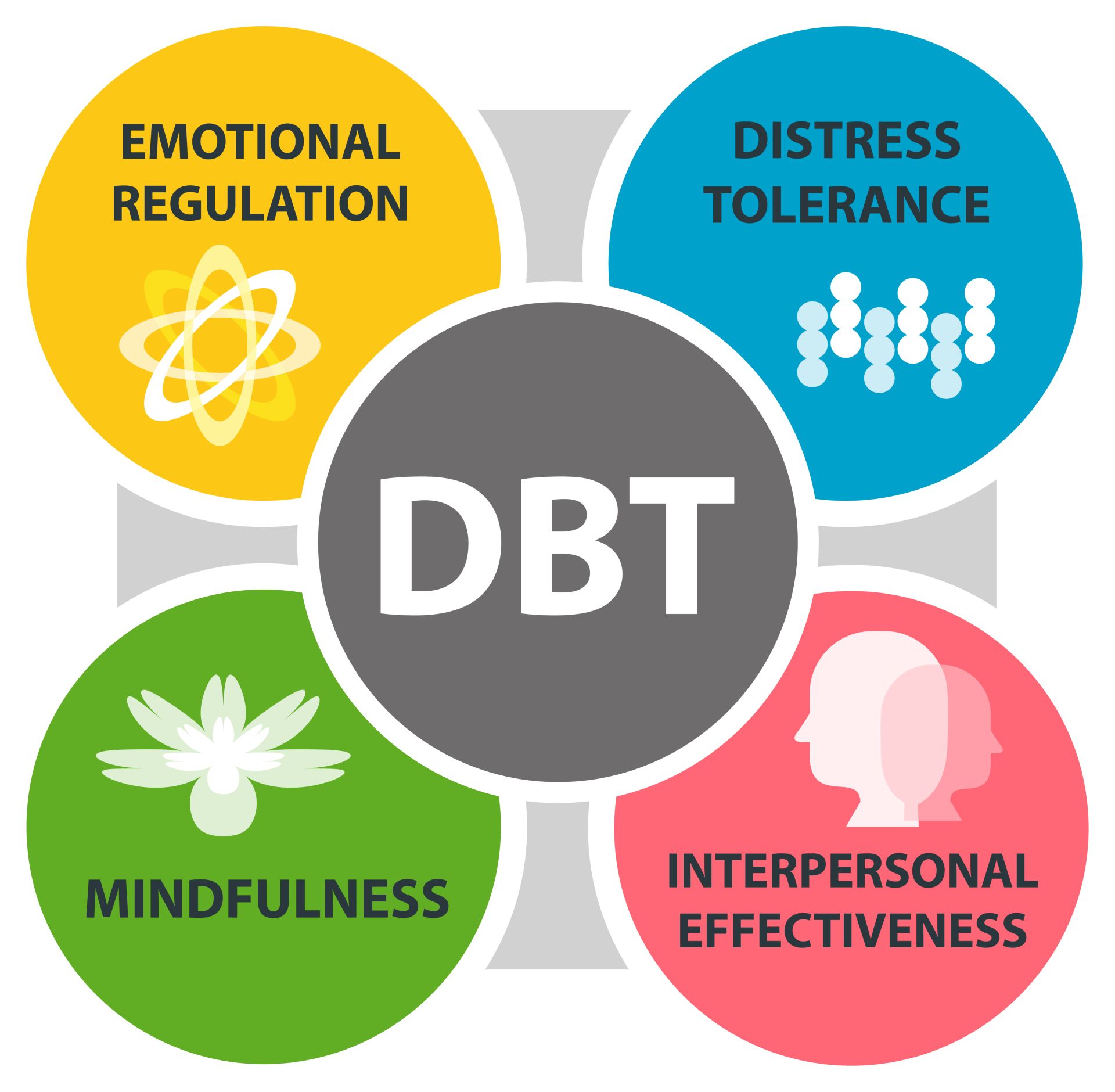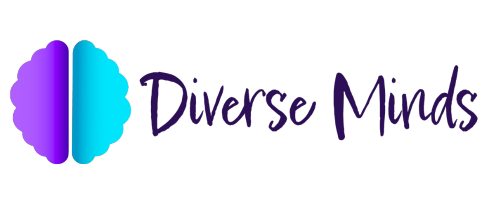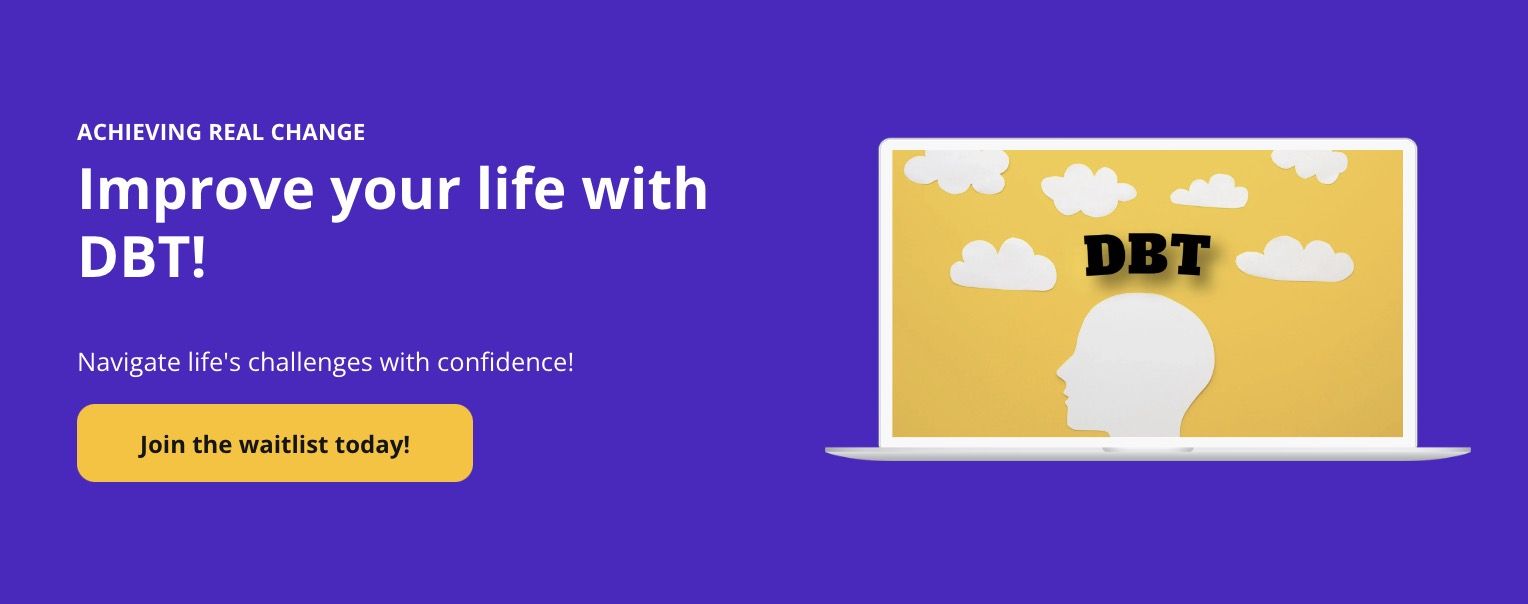
“The thing I really love about counselling is that it takes the things I love about teaching and condenses them,” explains Jared Dubbs. From the intimate and welcoming office he shares with a fellow practitioner, the educator-turned-therapist recounts his previous career.
During his 15 years facing classrooms from kindergarten to university, Dubbs most enjoyed helping his students learn more and grow to their fullest abilities. When he found out about what counselling was and how it was doing that exact thing for everyone, it did not take long before Dubbs enrolled in a master’s program, set to refocus his career towards what mattered most to him.
Immersed in counselling literature and extracurriculars, one therapy method stood out to him among others for its clarity and ease of use, one that would come to define his practice: dialectical behaviour therapy (DBT).
What is DBT?
Four components of DBT

There are four components to DBT: mindfulness, interpersonal effectiveness, distress tolerance and emotional regulation.
Through conversation and conscientious practice, DBT practitioners such as Dubbs guide clients through developing skills in these four areas, how to think differently and ultimately achieve their very best in life.
According to him, a lot of emphasis in the method is placed on the idea of acceptance. “In DBT, we define suffering as pain plus non-acceptance. That’s where the distress tolerance comes in,” he says. “Things are going to be hard, they can be difficult. How you handle it is up to you. You can choose to reject or accept it. There are different ways of accepting reality. It’s also important to know that acceptance does not equal approval.”
Acceptance is perhaps the first step towards the open state of mind needed for understanding and healing. For Dubbs, acceptance was crucial to finding his bearings as a neurodivergent individual diagnosed with Attention Deficit Hyperactivity Disorder (ADHD) at an early age.
Although he took the prescribed medication, little was known about ADHD at the time and he did not fully come to terms with the larger context until later. “I didn’t really understand what being ADHD and neurodivergent meant to me until I started learning more about it,” Dubbs admits. “What’s been really enlightening to me is the coming to acceptance and understanding that this current world wasn’t built for people like me.”

